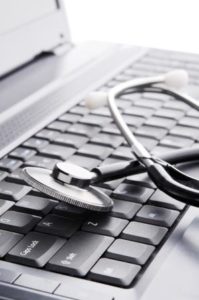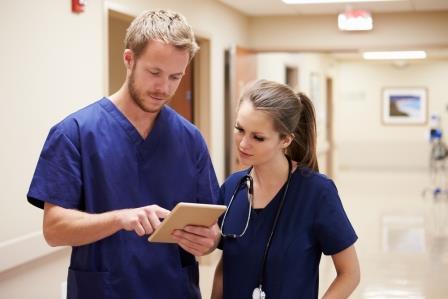 Have you purchased any clothing item that says “free size”? In learning, “one size fits all” is now believed to be something that isn’t as efficient as we believed it to be.
Have you purchased any clothing item that says “free size”? In learning, “one size fits all” is now believed to be something that isn’t as efficient as we believed it to be.
During the 1970’s, the artificial intelligence movement became popular and adaptive learning or intelligent tutoring was born. It was admitted that our ability to adapt will be more easily achieved by the use of computers. A better and more efficient experience in our learning was the purpose of this system as it promises to adjust to the learner’s own pace and learning methods.
What is adaptive learning?
To cater to the special needs of each learner, an educational method which uses computers as interactive teaching devices was developed. Adaptive learning is a student-centric method designed to organize and synchronize the allocation of human and mediated resources with the device according to the specific needs of each individual.
We all know that as individuals, we have different needs, objectives, methods, preferences, abilities and paces on a specific subject with regards to learning. That is why in the eLearning sector, the design is for a learner to set his unique and personalized learning style and pace by using a device that he is comfortable with, to use anytime and anywhere he feels the need to do so.
Adaptive Learning and Its Benefits
Medical education has its diversity, and adaptive learning is perceived to be as beneficial as the traditional methods such as classroom learning or lectures conducted by instructors. Most students in the healthcare field recognize adaptive learning as a complement to the traditional strategy, therefore resulting in a blended-learning method. Resources needed to supplement adaptive learning within medical education are repositories such as digital libraries for accessing electronic references, consensus on technical standardization, as well as group reviews for these materials.
Adaptive learning also presents a number of opportunities not only for students but also for faculty. This technology provides opportunities for a revolutionized education system that makes personalized learning enhance each student’s interaction with others through collaborative learning activities with individuals of the same learning style, and transforming the role of the traditional instructors into a more effective and student-focused style of teaching. As adaptive learning and conventional teaching go hand in hand with each other, this integration into medical education can modify the shift toward the application of learning theories among adults. Instructors need not be assigned as the sole resources of the information on the subjects, but will be participating as facilitators of the learning process and assessors of the students’ competency.
Among the features of this technology include flexible course delivery options, multiple ways to afford your degree, a personal study guide that will cover the topics you missed. Other features include course materials you need to study and review materials tailored to your own personal needs and skills.
The EHA wholeheartedly supports adaptive learning, because we believe that every student is entitled to the best learning method there is!







